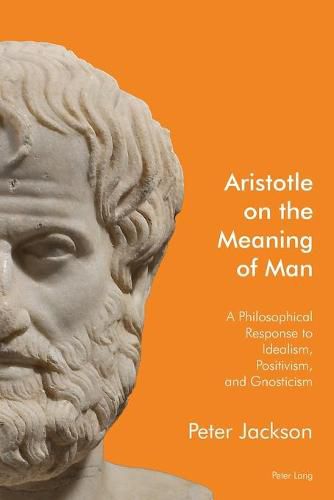This title is printed to order. This book may have been self-published. If so, we cannot guarantee the quality of the content. In the main most books will have gone through the editing process however some may not. We therefore suggest that you be aware of this before ordering this book. If in doubt check either the author or publisher’s details as we are unable to accept any returns unless they are faulty. Please contact us if you have any questions.
Why was (and is) Aristotle right and why are we wrong ? In other words, why are Aristotle’s philosophical reflections on man and the world full, real, and convincing and why is so much of our modern philosophy partial and false? This work offers a detailed assessment of Aristotle’s thought in response to these questions. Using man as a case study, this work shows how Aristotle philosophically treats him as a physical, biological, social, political, ethical, creative, poeticising, and philosophising object in the world. It then continues by laying out his consequent conclusions regarding the necessary capacities of natural objects in the world. Regarding the modern philosophical approach to man , this work shows that it flows from several directions into narcissism, nihilism, and a desire to control and manipulate the world and other people. In short, this work considers these approaches and seeks to show that Aristotle’s philosophy is right , true, and commendable and that our modern philosophy is (often) wrong , vacuous, and distasteful.





